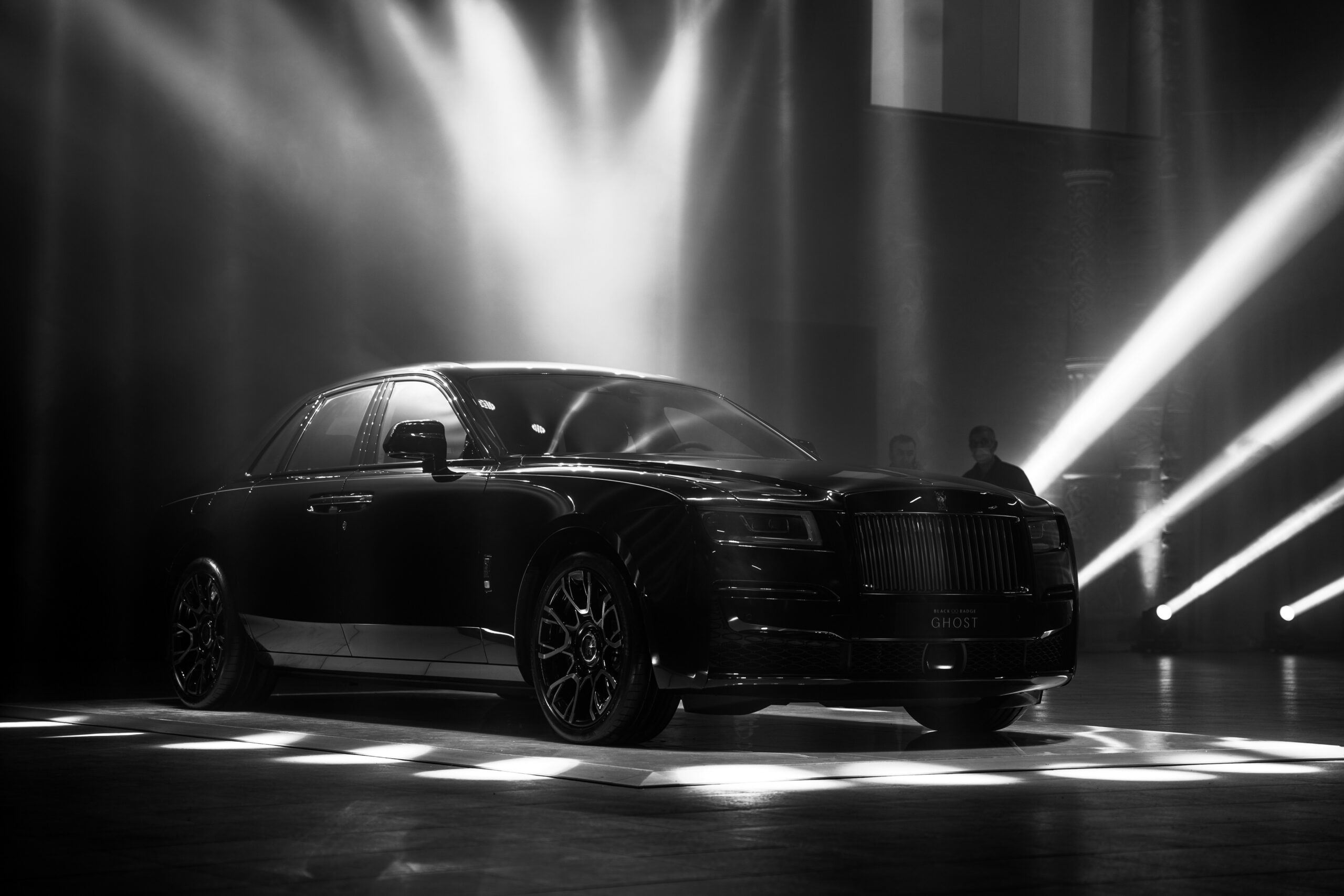If you have any questions Contact Us
Email: [email protected]
Work Hours
Monday to Friday: 7AM - 7PM
Weekend: 10AM - 5PM
If you have any questions Contact Us
Email: [email protected]
Work Hours
Monday to Friday: 7AM - 7PM
Weekend: 10AM - 5PM


unsplash.com Image By Akram Huseyn
The world of luxury automobiles continues to evolve with groundbreaking technology, unparalleled comfort, and extraordinary performance. In this comprehensive guide, we explore the top 10 luxury cars of 2025 that represent the pinnacle of automotive engineering and craftsmanship. From executive sedans to high-performance sports cars, these premium vehicles deliver exceptional driving experiences alongside status and prestige.
Before diving into our rankings, let’s understand what distinguishes true luxury vehicles from their mainstream counterparts:
The Mercedes-Benz S-Class remains the gold standard by which all luxury sedans are measured. The latest iteration elevates the driving and passenger experience with:
The S-Class continues to pioneer technologies that eventually become industry standards, maintaining its position as the quintessential luxury sedan for executives and VIPs.
Despite being the “entry-level” Rolls-Royce, the Ghost embodies automotive luxury at its most refined. Key features include:
The Ghost delivers the legendary Rolls-Royce experience in a slightly more manageable package than its flagship Phantom sibling.
The Continental GT Speed perfectly balances luxury and performance in a grand touring package. Notable aspects include:
This British masterpiece represents the ideal marriage of old-world craftsmanship and modern engineering excellence.
BMW’s flagship electric sedan demonstrates how luxury is evolving in the electric era:
The i7 proves that electrification can enhance rather than compromise the luxury experience.
The A8 exemplifies Audi’s approach to understated luxury with technological innovation:
For buyers seeking sophisticated technology without ostentatious design, the A8 delivers refined excellence.
The Taycan Turbo S proves that electric vehicles can deliver both luxury and exhilarating performance:
This electric performance sedan has redefined expectations for luxury EVs worldwide.
The Japanese approach to luxury centers on omotenashi (hospitality) with meticulous attention to detail:
The LS Hybrid showcases Japanese luxury that prioritizes harmony, craftsmanship, and thoughtful design.
The Korean luxury brand has established itself as a serious contender with the flagship G90:
The G90 offers features comparable to cars costing significantly more, making it the value proposition in the luxury segment.
Italian flair meets luxury sedan expectations in the charismatic Quattroporte:
For those seeking emotional design and driving engagement alongside luxury appointments, the Quattroporte delivers Italian passion.
The ultimate luxury SUV, the Range Rover SV combines opulence with genuine capability:
This versatile luxury vehicle can wade through 35 inches of water or arrive at the opera without looking out of place.
When selecting among these prestigious vehicles, consider these key factors:
As we look toward the future, luxury cars continue to push boundaries with electrification, autonomous capabilities, and sustainable materials. The vehicles on this list represent different interpretations of luxury—from the tech-forward approach of German automakers to the handcrafted tradition of British marques and the precision of Japanese luxury.
What they all share is an unwavering commitment to excellence and the ability to transform transportation into an exceptional experience. Whether you value performance, technology, craftsmanship, or status, these top 10 luxury cars of 2025 offer something truly special for the discerning buyer.
Q: What is the average price range for top-tier luxury cars? A: The vehicles on this list typically range from $90,000 to over $400,000 depending on model and customization options.
Q: Are luxury electric vehicles comparable to their combustion engine counterparts? A: Today’s luxury EVs like the BMW i7 and Porsche Taycan offer comparable or superior performance and comfort, with the additional benefits of instant torque and silent operation.
Q: How often are new models released in the luxury segment? A: Most luxury brands operate on a 7-8 year complete redesign cycle with a mid-cycle refresh after 3-4 years, though technology updates may occur more frequently.
Q: What financing options are typically available for luxury vehicles? A: Beyond traditional purchase and leasing options, many luxury brands offer subscription services and exclusive financing programs for loyal customers.
Q: How do luxury cars retain their value compared to mainstream vehicles? A: While luxury vehicles typically depreciate faster initially, certain prestigious models—particularly limited editions—may become collectible and appreciate over time.